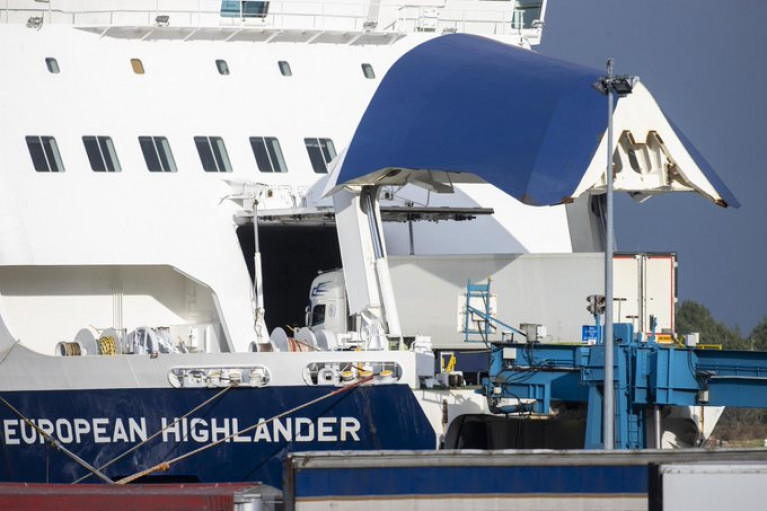Displaying items by tag: Border Post
South-west Scotland: Plans for ‘inland border facilities’ are required following Brexit, with the trade deal with the European Union requiring customs checks on various products such as high risk foods and animals.
The border post, writes The Scotsman, has yet to have a finalised location (near ferry terminals in Cairnryan), will cost £30m to build and to get up and running, according to a new government contract made public on Monday on Public Contracts Scotland.
The need for the border post was described as a “direct result” of the “reckless approach to Brexit” by the UK Government the Scottish Greens said, with the Scottish Government claiming the bill would be met by the UK Government.
Around 400,000 freight vehicles and 400,000 cars travel through the two ports at Cairnryan, operated by Stena Line and P&O Ferries, with links to Belfast and Larne in Northern Ireland.
Concerns about large delays at the ports were raised before the agreement of a trade deal between the EU and the UK in late 2020, with plans agreed to use a nearby airfield as a lorry park if delays at the ports became unmanageable.
Click here to continue the story.
Brexit: Border Inspection Post at Rosslare Europort Nearing Completion
At one of the country's key transport hubs, the managers of Rosslare Europort have insisted that they are ready for Brexit - whenever and however it happens.
Work is almost complete according to RTE News, on a new border inspection post, located just outside the ferryport itself, which will be used if new checks need to be imposed on incoming freight traffic from the UK, which should eliminate any congestion which might otherwise have been caused post-Brexit.
The inspection area is being developed by the OPW on a 17-acre site which will include facilities for Department of Agriculture, Health, customs and revenue checks.
In the event of checks being deemed necessary after the United Kingdom leaves the EU, truck-drivers carrying freight from there into Ireland will be designated "red" or "green" before they arrive into Rosslare, depending on what they are carrying.
Green-designated trucks will leave the port area as normal, as they currently do, while red-designees will travel to the new inspection area where the checks will be performed, before carrying on their journey.
About 120,000 trucks pass through Rosslare Europort every year, with about 90,000 of those coming from the UK.
Click here for more on the story.
























































